-
Iran: Massive theft in medical health care and pharmaceutical system, main source of medicine crisis in Iran
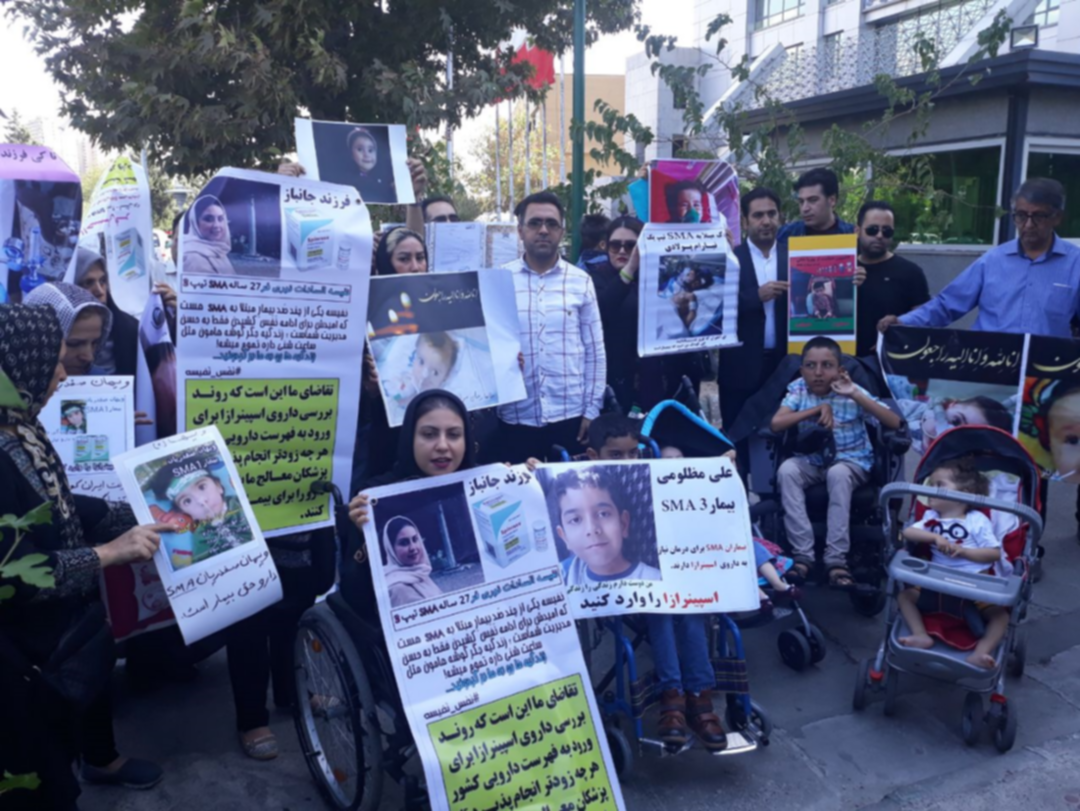
Introduction
The shortage of medicine has turned into a major, widespread social crisis in Iran. In recent years, some medicines have become extremely scarce, and prices have risen tremendously.
This situation directly affects the lives of human beings. It is especially serious for families who have members suffering from terminal ailments or rare diseases, and those who are on fixed or low income while in need of special medicine. This has led to cases of irreparable damage, intolerable pain, and even death.
Despite living in a resource-rich country, some Iranians have been forced to sell their kidneys and other organs to pay medical costs for their loved ones. This represents the violation of the fundamental human right of medical access.

General state of medicine- Assessments and claims of the authorities
On August 9, 2019, Minister of Health Saied Namaki claimed that 97% of the medicine needed in Iran is produced domestically, with only 3% imported.
The General Manager of the office of technology and trade, within the Office for Science and Technology, made the same claim on May 7.
The spokesman for the Food and Medicine Organization, Kianoush Jahanpour, claims that 96% of the medicine needed in the country is produced domestically and 4% imported. He said that the medicines imported are primarily those which are very rare or new to the market, with no comparable domestic alternatives. They also include medicines needed for very special and terminal ailments. He claimed that domestic pharmaceutical production can cover the needs of a population of 200 million people.
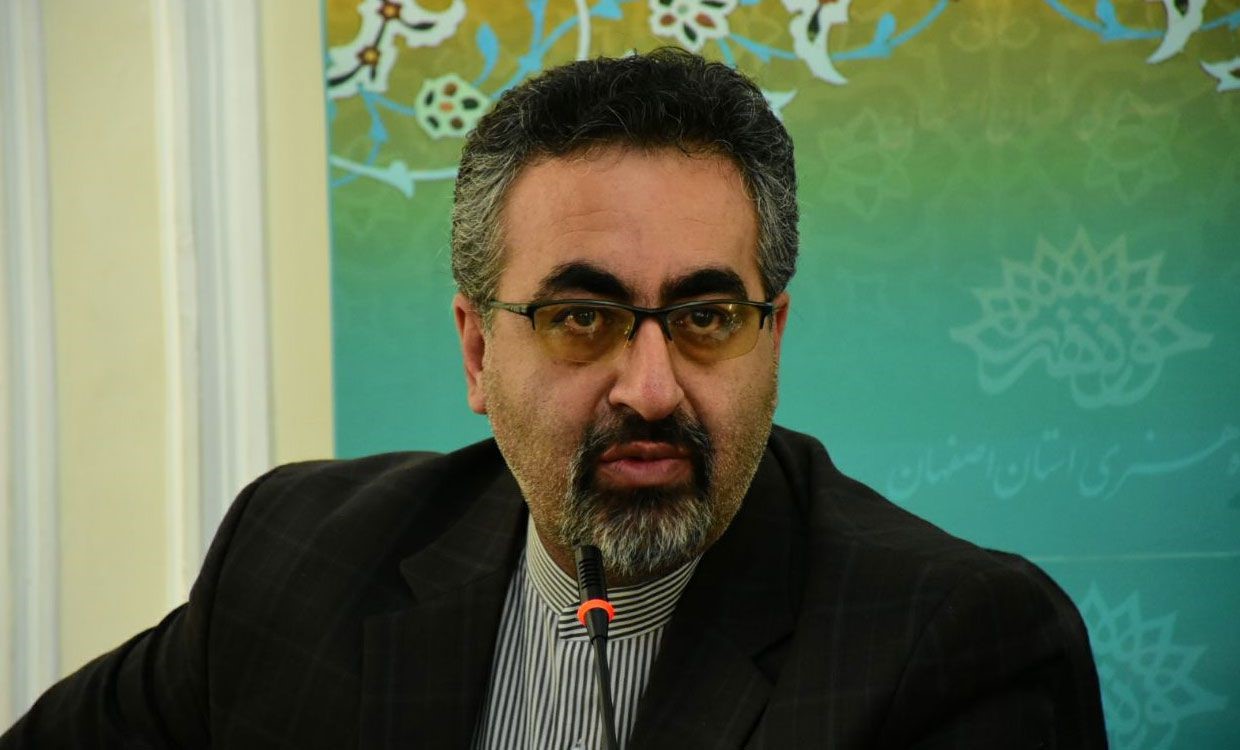
Some officials involved in pharmaceutical production claim that Iran’s level of science and production capability is among the 10 best in the world.
A crisis caused by institutional theft
The regime and its lobbies have extensively argued that the sanctions have caused the pharmaceutical crisis in Iran. But food and medicine have never been the subject of sanctions, and their import to Iran never been blocked.
Annually, a large portion of the country’s budget is allocated to pharmaceutical production and imports, but due to widespread state corruption, a major part of the money is stolen or embezzled.
Saied Namaki said on July 15, 2019: “An amount of $1.3 billion allocated for medical equipment has gone out and no one knows who exactly has taken them and what has been brought in and to whom they were handed over.” The task of this organization is to import medicine, medical equipment, milk powder and other necessary items in the health care domain. But it is not clear that the organization has actually maintained this focus.
Investigations have shown that a computer system was set up by the Health Ministry at the same time as the Food and Medicine Organization, whose server was located outside Iran and was accessible to only a few individuals. It has also been shown that some individuals within the Ministry have used funds based on the exchange rate used to by the government, allocated for the import of medicine and medical equipment, to purchase other items such as power cables.
Beginning in June 2018, the regime set an unusually low exchange rate of 4,200 tomans to a dollar for the purchase of some basic commodities such as medicine. Two months later, on August 12, 2018, it was announced that some importers had used dollars at this rate to import vacuum cleaners and steam cleaners instead of medicine. Because the market exchange rate at the time was 10,000 tomans, these importers made more than 250% profit.
Even greater profits have been derived from luxury goods purchased according to the same scheme, using funds from the Food and Medicine Organization.
On December 23, 2018, it was announced that 500 million euros had been given to the pharmaceutical industry out of the national funds in order to deal with the medicine crisis. It was then decided that part of this money would be provided to companies producing medical equipment, while part of it would be provided to universities to spend on medicine and medical equipment.
Two months later it became clear that half of that money, i.e. 250 million euros, had not reached the medicine and medical equipment Industry and could not be located.
Connection with sanctions, situation during JCPOA
Organized corruption in purchasing medicine and misallocating funds has been ongoing for years.
Marzieh Vahid Dastjerdi, the Minister of Health during Mahmoud Ahmadinejad’s second presidential term, said the following in a TV interview in 2014:
“In 2012, at the height of sanctions, I told friends in the government’s special measures committee that you should do everything to obtain foreign currency for medicine. We needed some $2.5 billion worth of foreign currency to import medicine and some medical essentials such as equipment for heart conditions and other necessary items… but only $41 million of foreign currency were given to the Ministry. Some of the money was given to women’s cosmetics and other things… state currency is being used to import Porche cars… our medical equipment and necessary items took only the eighth place in the priority list. Dog food, shovels and saddles were fourth, fifth and so on.”{1}
Earlier, in July 2013, Mohammad Reza Naderi, a customs office deputy said: “There is enough medicine in the country, but due to state bureaucracy a large volume of medicine has been piled up in the customs warehouses and are not released due to currency problems. In circumstances where we are under sanctions, we ourselves have also boycotted imports of medicine.”
Hossein Ali Shahriari, former Chair of the Health and Treatment Committee of Majlis (Parliament), emphasized that the medicine shortage started in March 2011 due to lack of coordination between the Central Bank and the Health Ministry. On 10 Oct 2013, he said:
“Regrettably, the officials of the Ministry of Health at the time did not report to us the reality of the situation… and every time we asked them if they had any problem with foreign currency they would say no, they have no problem. This was the trend until September and October 2012 when they announced that the total foreign currency allocated to them was 120 million dollars out of which 50 million euros were used to import women’s cosmetics and sanitation goods and only 70 million euros were allocated to medicine.” {2}
Mahmoud Bahmani, President of the Central Bank said in 2013: “Some wanted to take advantage of the low rate for foreign currency offered by the government for import of medicine to import 75 ships of vehicles and luxury goods that are not essential.”{3}
Monopolies, hoarding, plunder by medicine distribution companies
Imports and the market for medicine are in the hands of certain individuals with special connections in the regime. These monopolies strongly control the market and safeguard the interests of institutions operating behind the curtain.
On July 25, 2018, the daily newspaper Javan, affiliated with the IRGC, quoted the head of pharmaceutical production syndicate as saying that 70 percent of imports of medicine are in the hands of two companies, contradicting the former head of the Food and Medicine Organization, who had said six companies manage 50 percent of medicine imports.
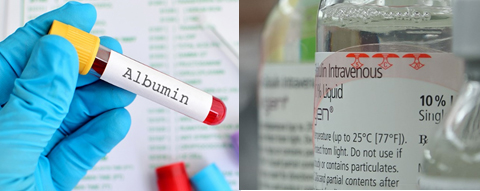
A while ago, some medicines such as IVIG, Albumin, Factor 8 and Oxaplex, which are all blood-related medicines, fell short and became extremely rare in the market. Most of them are widely used in hospitals and are among strategic medicines that the Ministry of Health put on top of its list of priorities. At that time, the state-run daily Mashreq reported that a major portion of these items were hoarded in medicine warehouses. An employee of one of the major medicine distribution companies, who did not want to be identified, said:
“It can be said with confidence that at least three to four companies have these medicines in their warehouses. Monthly consumption of Albumin is between 150 to 200 thousand vials, it is close to a month that it has not been distributed in the market whereas some 600,000 Vials of this medicine are available in the warehouses of these companies. This can cover the country’s need for about 3 to 4 months. These companies are in fact rivals but for their common interest they have coordinated not to distribute the medicine until its price go up.”
The price of hoarded medicines amounts to about $49 million.
In an interview with the state-run newspaper Sharq, economic expert Ehsan Soltani said of the import of the above medicines:
“Figures show that total imports of these medicines during the Iranian calendar year 1396 (mid-March 2017 to mid-March 2018) was close to $150 million. We had about $19 million of imports from mid-March to mid-June of 2017. This rose to $49 million in the same period of 2018, which is a 2.5-fold rise. In the past six months we have imported $88 million of these medicines, which means a 17 percent rise on average. In other words, whether we consider the 4-months period or 6-months period, we should not have any shortage of these items.” {4}
Medicine is so openly hoarded in Iran that Mohsen Jalavati, vice-chair of the Transparency and Justice Watch Organization told the state-run Channel One TV: “One of the import companies benefitting from low rate dollar for import of medicines had recently threatened the deputy Minister of Health that if the prices of its.
medicines are not raised by 60 percent, these items would not be released from customs to cause shortage in the country.” {5}
Abbas Zare-Nejad, an advisor to the Minister of Health, said: “Some shortages have been caused in some of the medical items not due to sanctions but due to foreign currency allocations, storage or problems of distribution.” {6}
Playing with the lives of people – importing expired medicine with support of the regime
The regime also imports off-the-market medicine with low prices and offers them to the internal markets, seriously endangering the lives of patients.

On September 8, 2019, it was announced that Shabnam Nemat-Zadeh, daughter of the former Minister of Industry Mohammad Reza Nemat-Zadeh, had been arrested for financial reasons{7}. It was uncovered that she had been involved in imports of medicine whose dates for consumption had expired. She did this with the support of some elements within the regime.
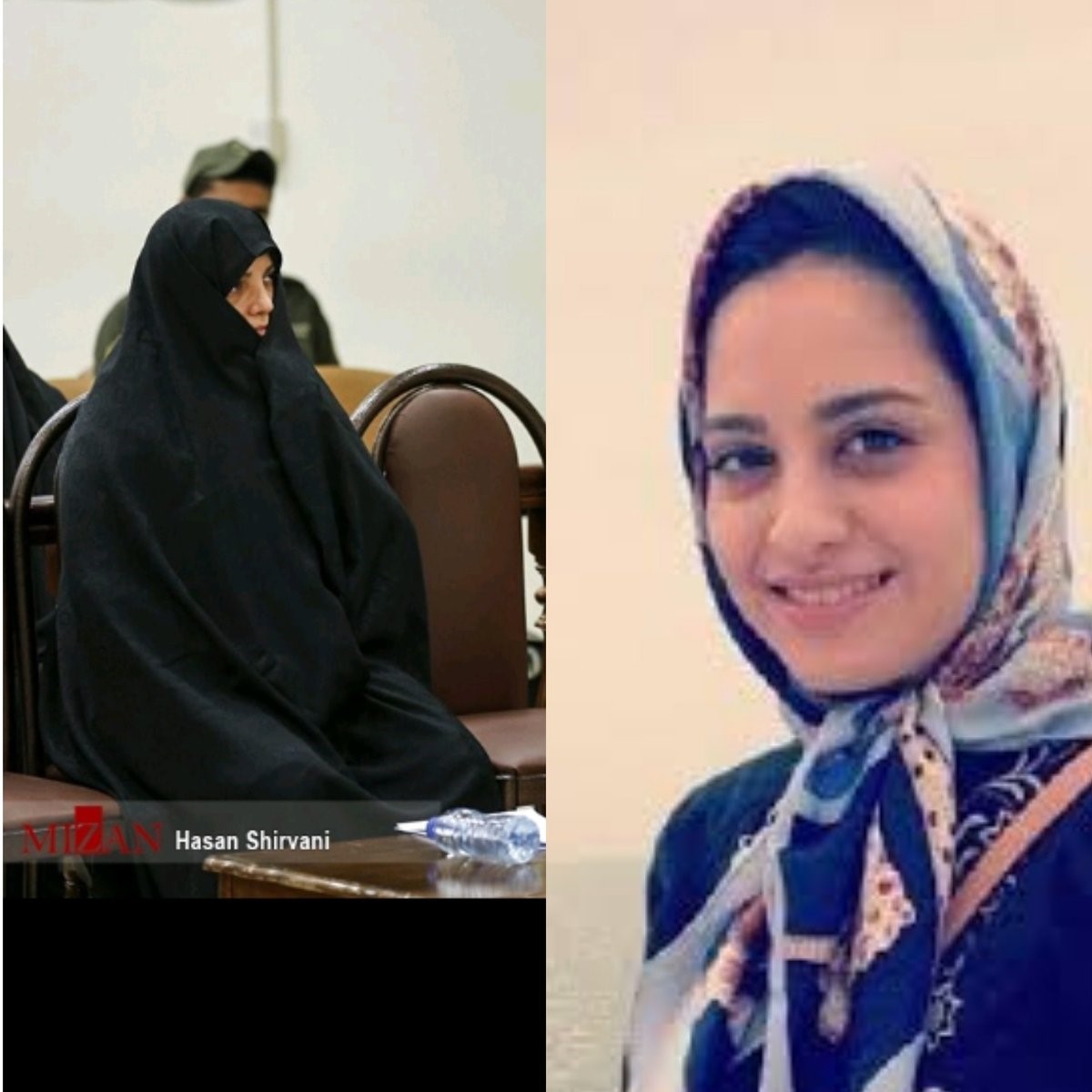
It was reported in July-August 2018 that a warehouse had been discovered where outdated medicine imported by Nemat-Zadeh was stored. The total cost of medicine discovered was assessed to be about 80 million dollars.
Nemat-Zadeh graduated from university in 1996, entered business about ten years ago and quickly joined the club of Iranian female billionaires. She registered several medical related companies during the 2000s. She began trading in medicine in 2009 and managed these companies together with her mother and sister.
According to a former employee of Nemat-Zadeh’s company (RASA): “Generally no one knew about the medicine warehouse. Only a few knew about the medicines stored, including the company director, technical officer and another woman, who had the full information about the warehouse.” {8}

This pharmaceutical company, which was established on March 9, 2015, owed the country’s medical industry about 95 million dollars. A major part of its debt is owned by Shafa Medical Group, which is affiliated to Meli Bank. All members of Nemat-Zadeh’s family including her husband and her 20-year-old daughter were authorized signatories. Her 12-year-old son was also among directors of the company. Prior to Rouhani’s presidency, his father was also a member of the company’s board, but his name was removed when he received a notice from the Majlis, and the names of his children were added instead.
This company enjoyed very close contact with the Ministry of Health and received the list of urgently required medicine well in advance. There were few other medical companies with such privileges, and this gave Nemat-Zadeh’s company an advantage that allowed it to dominate the market.
According to some former employees of the company, it was also engaged in price-manipulation. For instance, medicine bought for 10 euros might be listed as having cost 50 euros. Nemat-Zadeh was also a member of the Supplementary Medicine Importers Union and supervised the pricing of the medicine and had information on rivals’ prices.
This is not the only case. The Minister of Health said on July 16 that some of the medicine imported using low-rate foreign currency included outdated medicine. Those involved in this affair were working within the Food and Medicine Organization that is part of the Ministry.
Economic policies and the regime’s priorities
In the midst of all the above-described corruption, the Iranian regime continues to dispatch free medicine to other countries in the region, as part of its effort to exert influence beyond its borders.
For example, in connection with a religious ceremony in September 2018, the Iranian Red Crescent dispatched some 200 tons of medicine and medical consumable items to Iraq and supplied 40 medical centers. Ali Mar’ashi, head of the medical center of the regime’s Red Crescent announced that the items included 400 types of various medicines and 80 types of various medical consumables.
Conclusion
The critical problems concerning medicine in Iran are a direct result of the regime’s practices and policies. There is no area in Iran that is not affected by institutionalized corruption involving the regime’s top officials. Alongside widespread theft, medical shortages and high prices are caused by monopolies hoarding medicine with the backing of senior officials.
Theft and plunder in Iran’s medical system have reached such a level that the regime’s Health Minister has said:
“I wish one day to leave the ministry and sit with people and speak to them openly without any observation and tell them what our compromise with corruption, which has affected rich and poor, has done to them. We are all to be held accountable one day and tell people where we were during difficult times of our country and what we did.”
The regime and its lobbies try to hide these crimes and evade accountability by blaming everything on sanctions. Mohammad Reza Shanesaz, head of Iran’s Scientific Association of Pharmaceutical Producers, explicitly said on August 23, 2018, that present medical shortages in the country have nothing to do with the sanctions. This problem is due to destructive policies adopted in the area of medicine.
As far as policies on foreign currency and budget allocation are concerned, one must realize that the regime’s absolute priority is to dedicate financial resources to suppression, the export of terrorism, support for terrorist groups, warmongering in the region and proliferation of weapons of mass destruction. In these circumstances, medical problems and crises concerning medical shortages are at the bottom of the regime’s priorities.
A look at the regime’s priorities, reflected in its policies and practices, will give a better understanding of the current situation and the prevailing crises.
The regime spends billions of dollars on its suppressive machinery inside Iran and annually spends astronomical amounts to support the Syrian dictator Bashar al-Assad, the Lebanese terrorist group Hezbollah and the Houthis in Yemen.

Meanwhile, Minister of Health Hassan Gazi Zadeh said in September 2018 that it would be inappropriate to spend $80,000 on every Spinal muscular atrophy (SMA) patient just to live a few more years longer.
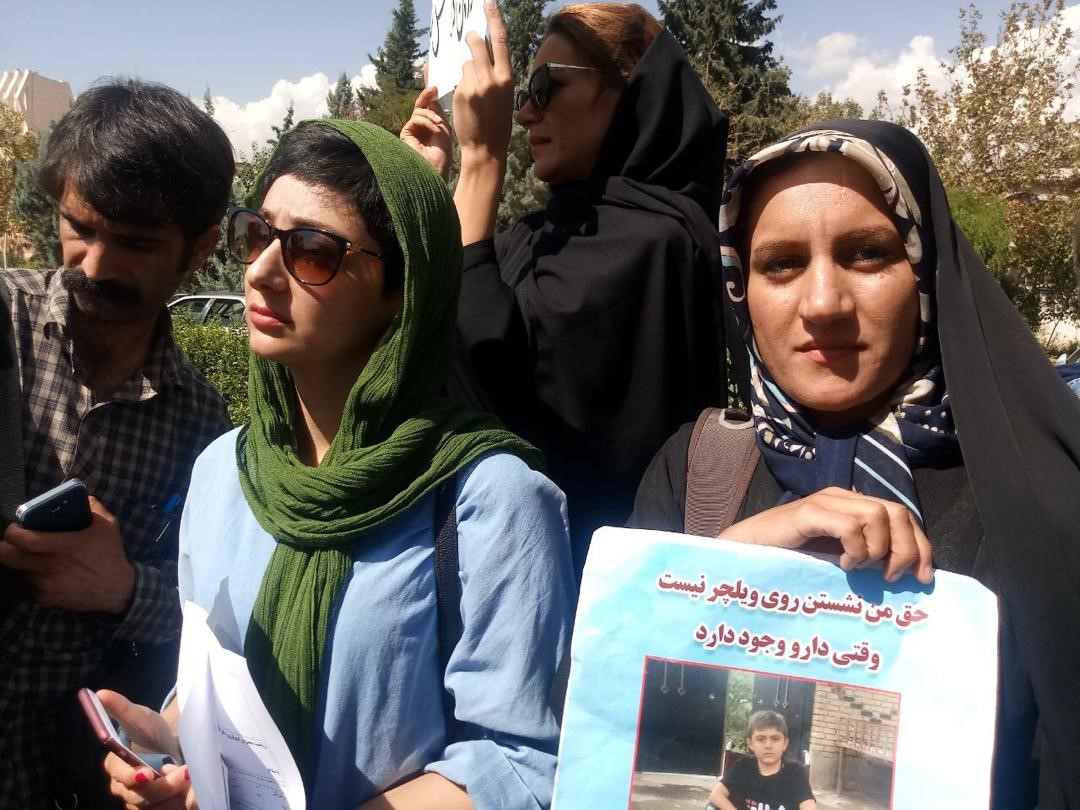
And according to Homayoun Hashemi, chair of the Food and Medicine Committee of the Majlis, there are about 1,000 to 1,500 SMA patients in Iran.
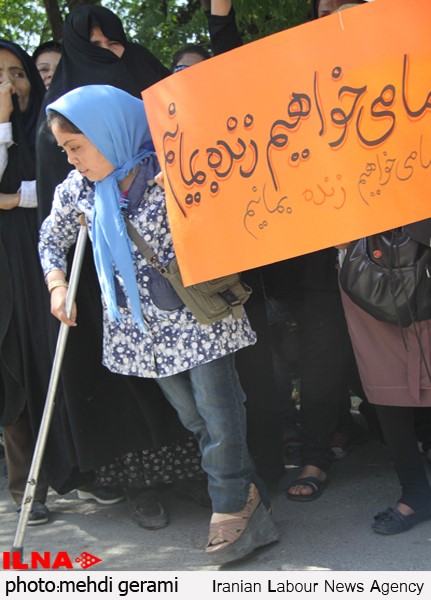
This means that the total budget required for SMA patients amounts to no more than $80 million. This is while the money the regime doles out to its terrorist proxies in Syria, Lebanon, Iraq, and Yemen annually is more than 30 times that figure.
............
1- link 1
2- Salamat News website, October 10, 2013
3- Parsineh website, August 5, 2013
4- Sharq state-run daily, August 8, 2018
5-Mashreq state-run daily, August 13, 2018
6-ILNA state-run news agency, July 15, 2018
7-Tasnim state-run news agency, September 8, 2019
8- ISNA state-run news agency, August 18, 2018
You May Also Like
Popular Posts
Caricature
BENEFIT Sponsors BuildHer...
- April 23, 2025
BENEFIT, the Kingdom’s innovator and leading company in Fintech and electronic financial transactions service, has sponsored the BuildHer CityHack 2025 Hackathon, a two-day event spearheaded by the College of Engineering and Technology at the Royal University for Women (RUW).
Aimed at secondary school students, the event brought together a distinguished group of academic professionals and technology experts to mentor and inspire young participants.
More than 100 high school students from across the Kingdom of Bahrain took part in the hackathon, which featured an intensive programme of training workshops and hands-on sessions. These activities were tailored to enhance participants’ critical thinking, collaborative problem-solving, and team-building capabilities, while also encouraging the development of practical and sustainable solutions to contemporary challenges using modern technological tools.
BENEFIT’s Chief Executive Mr. Abdulwahed AlJanahi, commented: “Our support for this educational hackathon reflects our long-term strategic vision to nurture the talents of emerging national youth and empower the next generation of accomplished female leaders in technology. By fostering creativity and innovation, we aim to contribute meaningfully to Bahrain’s comprehensive development goals and align with the aspirations outlined in the Kingdom’s Vision 2030—an ambition in which BENEFIT plays a central role.”
Professor Riyadh Yousif Hamzah, President of the Royal University for Women, commented: “This initiative reflects our commitment to advancing women in STEM fields. We're cultivating a generation of creative, solution-driven female leaders who will drive national development. Our partnership with BENEFIT exemplifies the powerful synergy between academia and private sector in supporting educational innovation.”
Hanan Abdulla Hasan, Senior Manager, PR & Communication at BENEFIT, said: “We are honoured to collaborate with RUW in supporting this remarkable technology-focused event. It highlights our commitment to social responsibility, and our ongoing efforts to enhance the digital and innovation capabilities of young Bahraini women and foster their ability to harness technological tools in the service of a smarter, more sustainable future.”
For his part, Dr. Humam ElAgha, Acting Dean of the College of Engineering and Technology at the University, said: “BuildHer CityHack 2025 embodies our hands-on approach to education. By tackling real-world problems through creative thinking and sustainable solutions, we're preparing women to thrive in the knowledge economy – a cornerstone of the University's vision.”
opinion
Report
ads
Newsletter
Subscribe to our mailing list to get the new updates!






















